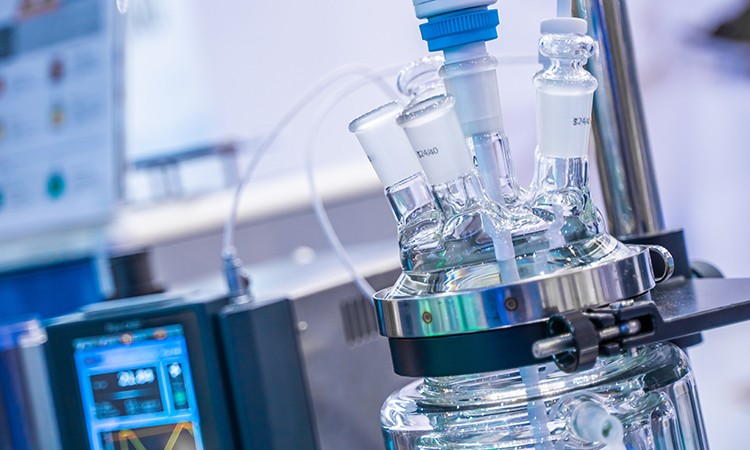What is an Emulsion Adhesive
Emulsion adhesives consist of a mixture of an acrylic polymer, surfactant(s) and other additives, which are used to manage adhesive performance, suspended in water. This dispersion is coated onto a webstock and the water is then dried off. During the drying process, polymers and other components semi-coalesce to form a functional pressure-sensitive adhesive layer.
With water used to control the viscosity and allow for coating, there are no solvents involved in coating process of these adhesives. Since solvent is generally more expensive than water, this typically results in an overall lower cost of coating than traditional solvent adhesives.
Adhesive Performance
Although produced without the use of solvents, these adhesives share similar characteristics with solvent acrylics. With similar performance characteristic levels (peel, tack, shear), these emulsion adhesives also exhibit good resistance to chemicals and heat.
One of the primary advantages of using an emulsion adhesive is the low VOC performance. Without any residual solvents from the coating process, there are fewer organic components in the final adhesive to off-gas, resulting in lower levels of VOCs and odor coming from the adhesive.
Advanced Adhesive Formulation
Avery Dennison Performance Polymers specializes in utilizing both chemistry and physics to optimize the design and development of emulsion adhesives. By using our experts in both polymer chemistry and coating engineering, the Performance Polymers team is able to create adhesives specially designed to offer outstanding high speed coating, drying efficiency and adhesive performance.
In addition to standard adhesives, the challenging nature of emulsion adhesives applications often requires specifically formulated, customized adhesive solutions. Working closely with our customers, our scientists and engineers can quickly adjust existing adhesive platforms or develop new polymer systems to address the most complex challenges.

